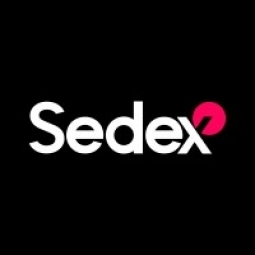Sedex
Case Studies
Reckitt's Approach to Gender Equality in Supply Chain
Overview
 |
Reckitt's Approach to Gender Equality in Supply ChainSedex |
Cement Consumer Goods | |
Logistics & Transportation | |
Onsite Human Safety Management Supply Chain Visibility | |
Training | |
Operational Impact
| Reckitt's approach to addressing gender inequality in their supply chain has led to a more diverse and inclusive supply chain. This is not only the right thing to do, but it also creates a whole host of business and wider societal benefits. These include increased innovation, productivity, supply chain resilience, and reduced socio-economic inequality, creating more stable, cohesive communities. The company is now able to apply a gender lens to every policy area, driving equality and change within their supply chain. They are also engaging with and educating their suppliers so they understand the benefits of collecting data and aligning their activities. | |
Quantitative Benefit
| not mentioned | |


